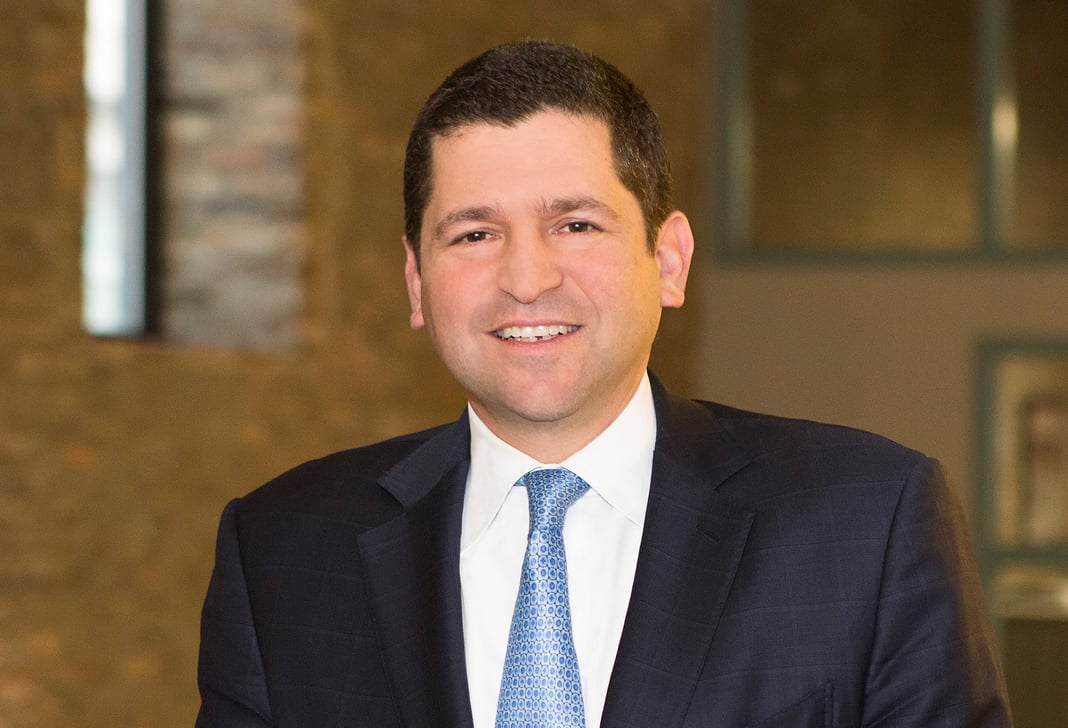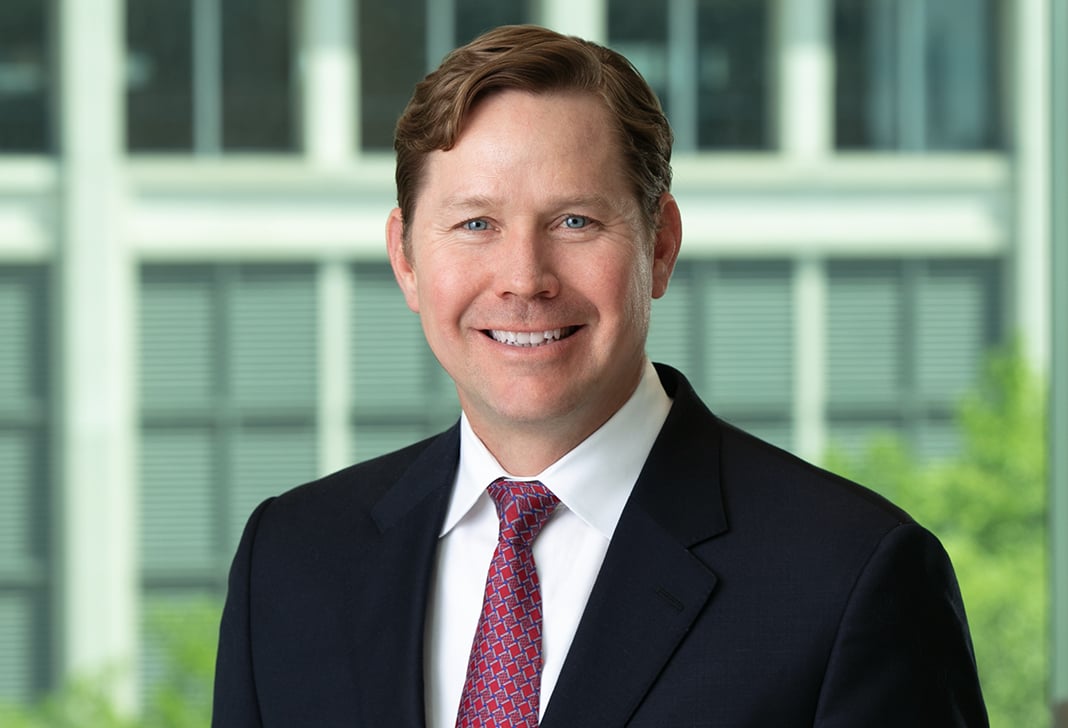U.S. Supreme Court Clarifies Who Is a Supervisor Under Title VII
On June 24, the United States Supreme Court announced that an employer may be vicariously liable for an employee's unlawful harassment "only when the employer has empowered that employee to take tangible employment actions against the victim … such as hiring, firing, failing to promote, reassignment with significantly different responsibilities, or a decision causing a significant change in benefits." An employee who merely directs another employee's work activities is not a supervisor. The Court's decision in Vance v. Ball State Univ., No. 11-556, slip op. (June 24, 2013), available here, resolves a disagreement among lower courts about who qualifies as a supervisor for purposes of Title VII. On the whole, the decision will make it more difficult for employees to prevail on some hostile work environment claims.
Whether the alleged harasser qualifies as a supervisor under Title VII has important practical implications for employers because establishing employer liability for a hostile work environment claim based on supervisor harassment is easier for an employee than doing so based on coworker harassment. Under standards established by the Supreme Court 15 years ago, employers are held strictly liable for supervisor harassment if the harassment results in a tangible employment action, such as the employee's discharge or demotion. If a supervisor's otherwise actionable harassment does not culminate in a tangible employment action, an employer is liable unless it proves that it exercised reasonable care to prevent and promptly correct any harassment, and that the employee unreasonably failed to take advantage of those preventive or corrective measures. If, however, a coworker is responsible for the alleged harassment, the employer is not held liable unless it was negligent in discovering or remedying the harassment.
Since the Supreme Court established these standards in 1998, lower courts have debated the proper test for determining whether an employee is a supervisor for purposes of assessing employer liability in harassment cases under Title VII. Several federal circuits had held that an employee is not a supervisor for purposes of Title VII unless he or she had the power to hire, fire, demote, promote, transfer, or discipline the alleged victim. Other circuits held, however, consistent with guidance issued by the Equal Employment Opportunity Commission ("EEOC"), that individuals could qualify as supervisors under Title VII regardless of their authority to take tangible employment actions if they had the ability to exercise significant direction over the alleged victim's day-to-day work. The Vance decision resolved this conflict.
In Vance, an African-American female sued her employer, Ball State University ("BSU"), claiming that she had been subjected to a racially hostile work environment in violation of Title VII. Ms. Vance's claim was premised on the alleged actions of several BSU employees, including Saundra Davis. Ms. Vance alleged that Ms. Davis was her supervisor, and that BSU was liable for Ms. Davis' creation of a racially hostile work environment. The district court dismissed Ms. Vance's claims on summary judgment, however, holding that BSU could not be held vicariously liable for Ms. Davis' alleged actions because she did not have the power to "hire, fire, demote, promote, transfer, or discipline" Ms. Vance and was, therefore, not Ms. Vance's supervisor. The court also held that that BSU had not been negligent since it had responded promptly upon learning of Ms. Vance's complaint.
The U.S. Court of Appeals for the Seventh Circuit affirmed the district court's dismissal of Ms. Vance's hostile work environment claims. The Seventh Circuit concluded that Ms. Vance could not show that Ms. Davis was her supervisor because Ms. Davis was not authorized to affect directly the terms and conditions of Ms. Vance's employment.
Ms. Vance appealed to the Supreme Court. The Supreme Court agreed with the Seventh Circuit and determined that an employee is a supervisor under Title VII only if he or she is empowered by the employer to take tangible employment actions against the plaintiff. In doing so, the Court expressly rejected the EEOC's definition of "supervisor," which included not only individuals empowered to take tangible employment actions against an employee, but also those empowered to recommend tangible employment actions and those authorized to direct the employee's daily work activities. The Supreme Court called the EEOC's definition a "study in ambiguity," noting that it would "make the determination of supervisor status depend on a highly case-specific evaluation of numerous factors," and that it would "frustrate judges and confound jurors." The Court observed that its own definition of "supervisor" could "very often be resolved as a matter of law before trial" because it rules out anyone who does not have the authority to hire, fire, demote, promote, transfer, or discipline the alleged victim.
Just because an employee does not qualify as a supervisor for purposes of Title VII, however, does not mean that he or she will not qualify as a supervisor under other laws. The Court acknowledged, for example, that the statutory definition of a "supervisor" under the National Labor Relations Act ("NLRA") appears on its face to be broader than the definition set forth in Vance. The Court attributed this apparent difference to the different purposes of the two statutes and noted that the NLRA definition is not controlling in the Title VII context. Thus, it is entirely possible that the same individual could qualify as a supervisor for purposes of the NLRA but not for purposes of Title VII.
The Vance decision does not affect what employers should be doing in the workplace to prevent sexual harassment; employers should review and reinforce their existing harassment policies, complaint procedures, and training programs. Rather, the implications of the decision are for the prosecution and defense of any harassment claims filed. Under Vance, fewer employees will qualify as supervisors under Title VII, and the negligence standards that govern employer liability for coworker harassment will apply more often.
Lawyer Contacts
For further information, please contact your principal Firm representative or one of the lawyers listed below. General email messages may be sent using our "Contact Us" form, which can be found at www.jonesday.com.
Fred W. Alvarez
Silicon Valley
+1.650.739.3977
falvarez@jonesday.com
Lawrence C. DiNardo
Chicago
+1.312.269.4306
lcdinardo@jonesday.com
Eric S. Dreiband
Washington
+1.202.879.3720
esdreiband@jonesday.com
Michael J. Gray
Chicago
+1.312.269.4096
mjgray@jonesday.com
George S. Howard, Jr.
San Diego
+1.858.314.1166
gshoward@jonesday.com
Brian M. Jorgensen
Dallas
+1.214.969.3741
bmjorgensen@jonesday.com
Alison B. Marshall
Washington
+1.202.879.7611
abmarshall@jonesday.com
James S. Urban
Pittsburgh
+1.412.394.7906
jsurban@jonesday.com
Stanley Weiner
Cleveland
+1.216.586.7763
sweiner@jonesday.com
M. Carter DeLorme
Washington
+1.202.879.4643
cdelorme@jonesday.com
Jones Day publications should not be construed as legal advice on any specific facts or circumstances. The contents are intended for general information purposes only and may not be quoted or referred to in any other publication or proceeding without the prior written consent of the Firm, to be given or withheld at our discretion. To request reprint permission for any of our publications, please use our "Contact Us" form, which can be found on our web site at www.jonesday.com. The mailing of this publication is not intended to create, and receipt of it does not constitute, an attorney-client relationship. The views set forth herein are the personal views of the authors and do not necessarily reflect those of the Firm.





